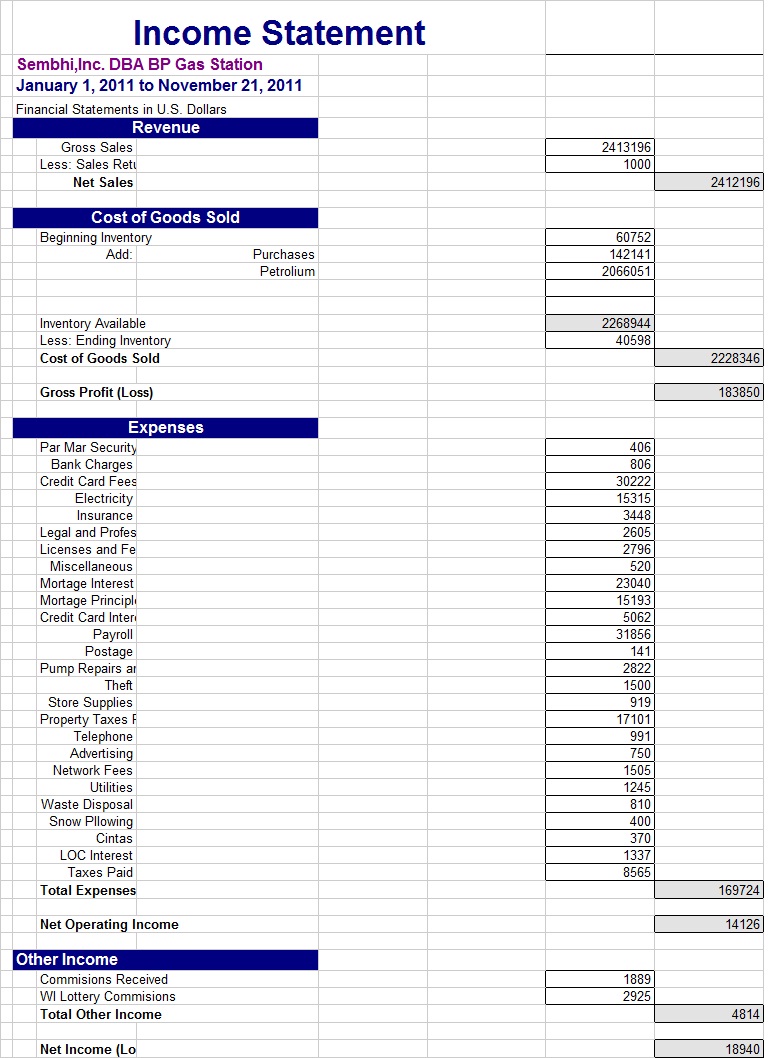

Namely CEO Matt Straz says that its popularity with startups is a good way to demonstrate where the market for HR software is headed to more mature companies. Namely’s client list includes several startups including Birchbox, Slack, Sailthru, Percolate, and Vimeo. In addition to being user-friendly to employees, Namely has released an API that allows clients to build applications on top of its database, which gives them the ability to create flexible, custom HR systems. “If you can get people inside a company to love and use your application, you can do some interesting and wonderful things.” Skok previously backed HR software company TribeHR, which sold to NetSuite last year. “Namely has part of a second generation of where they’ve really taken consumerization to heart,” he says.

Even though HR software has been around for decades, it has not adapted to the trend of “consumerization” of enterprise software. (Clients pay Namely $10 to $20 per employee each month.) Perhaps more notable than growth is the fact that more than half of the 22,000 workers on Namely use it every week.ĭavid Skok, a partner with Matrix partners, said he was drawn to Namely’s high engagement levels. Namely has accumulated 150 customers, with revenue increasing 16-fold in the last eight months. The company has raised a total of $22 million, with 60 employees. Matrix Partners led the funding round, with participation from existing investors True Ventures, Lerer Ventures, and Bullpen Capital. Now Namely has more cash with which to compete. For example, Zenefits and ZenPayroll both raising large rounds of funding earlier this year. But more disruption is on its way: Experts predict that in the next four to five years, most large companies will change the way they handle HR functions from closed, server-based systems to open, flexible, cloud-based systems.Ī new class of startups aims to take advantage of that opportunity, and venture investors are pouring money into the category. Workday (WDAY) and SuccessFactors, the latter of which sold to SAP (SAP) in 2012, have taken significant market share over the last decade. Until recently, Paychex (PAYX), founded in 1971, and ADP (ADP), founded in 1949, had a lock on this market.


 0 kommentar(er)
0 kommentar(er)
